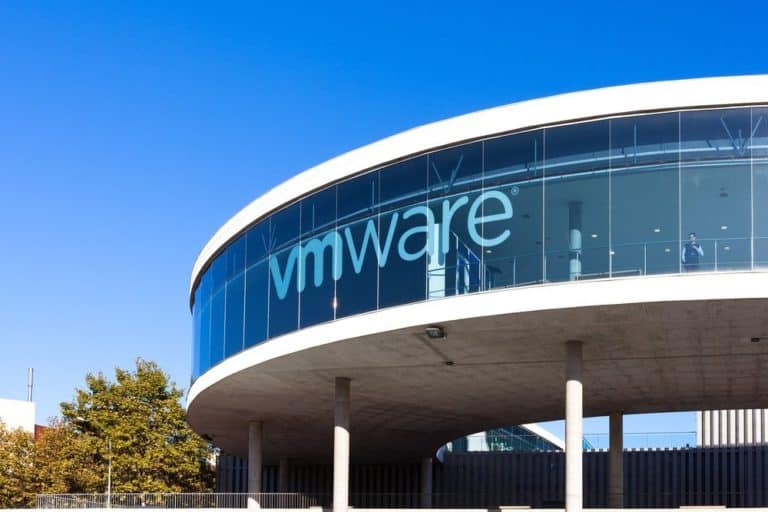Promising Kubernetes-native provisioning and management of virtual machines for developers running apps on vSphere with Tanzu.
VMware is steadily becoming more accepting of the Kubernetes orchestrator for software containers. This week, the company released their Virtual Machine Service for the VMware vSphere 7 virtualization platform. This platform also incorporates VMWare’s Tanzu application modernization portfolio.
The company hopes that this new feature will make it easier for application developers working with software containers to provision their own VM infrastructure.
The goal is to allow them to create their own namespaces Kubernetes commands rather than having to request and wait for access from IT admins. This is a significant step, as in the past, containers and virtual machines were separated on a functional level.
Pushing vSphere with Tanzu as a critical component
VMWare announced the release of the Virtual Machine Service in a blog post this week. “Today we are excited to announce the immediate availability of the vSphere Virtual Machine Service (VM Service),” they crowed.
The VM Service enables Kubernetes-native provisioning and management of virtual machines for developers running modern apps on vSphere with Tanzu.
The service also allows a developer to deploy and manage virtual machines using Kubernetes standard APIs, they added. And they can do this simultaneously allowing the IT administrator to govern resource consumption and service availability.
This capability joins the Network Service and Storage Service that have been available since VMware originally released vSphere with Tanzu last year.
VMWare says this gives developers self-service access to the compute, network, and storage resources they need to run their applications, using a Kubernetes API surface.
With the VM Service, vSphere with Tanzu helps organizations to modernize their applications and enhance the cloud-native experience for their developers, according to the company.
Despite the soaring popularity of software containers, which are portable operating environments that include an application and its dependent components, many older applications require VMs, said Sheldon D’Paiva, director of product marketing in the cloud platform business unit at VMware.
